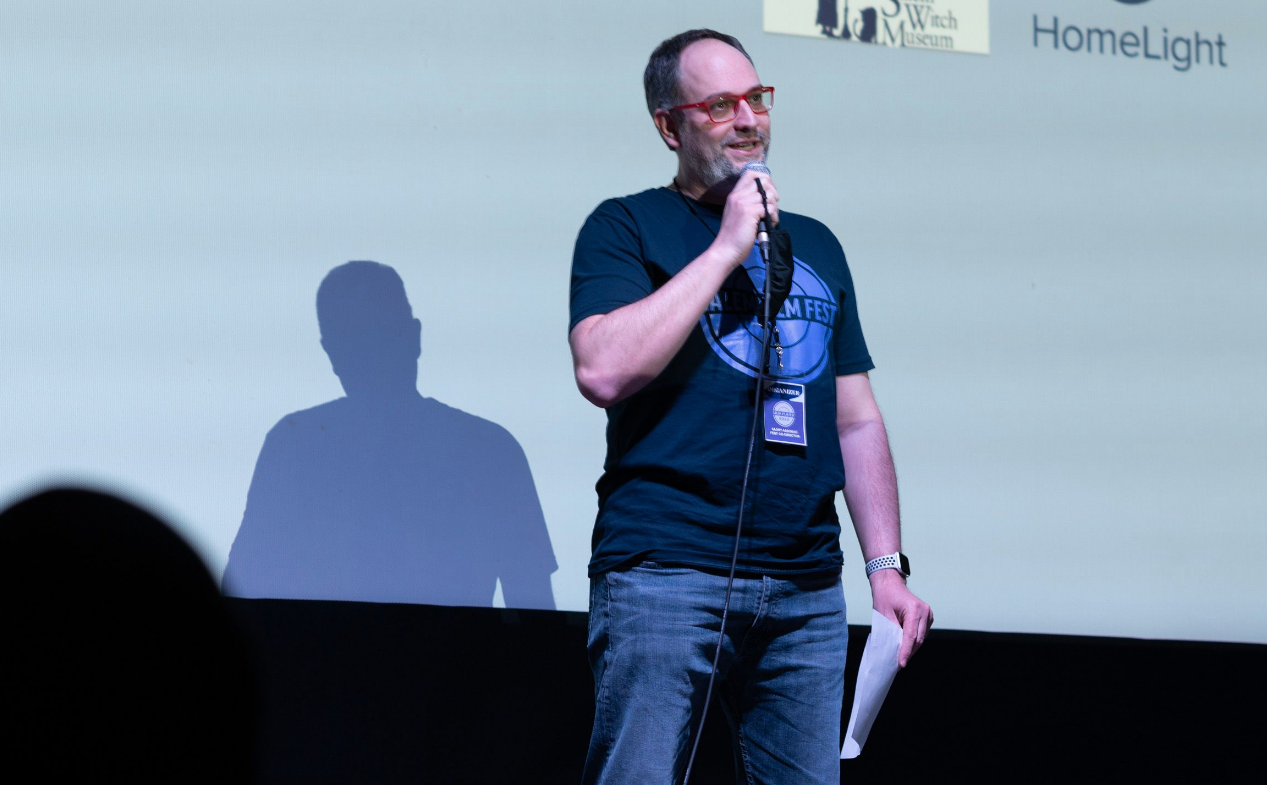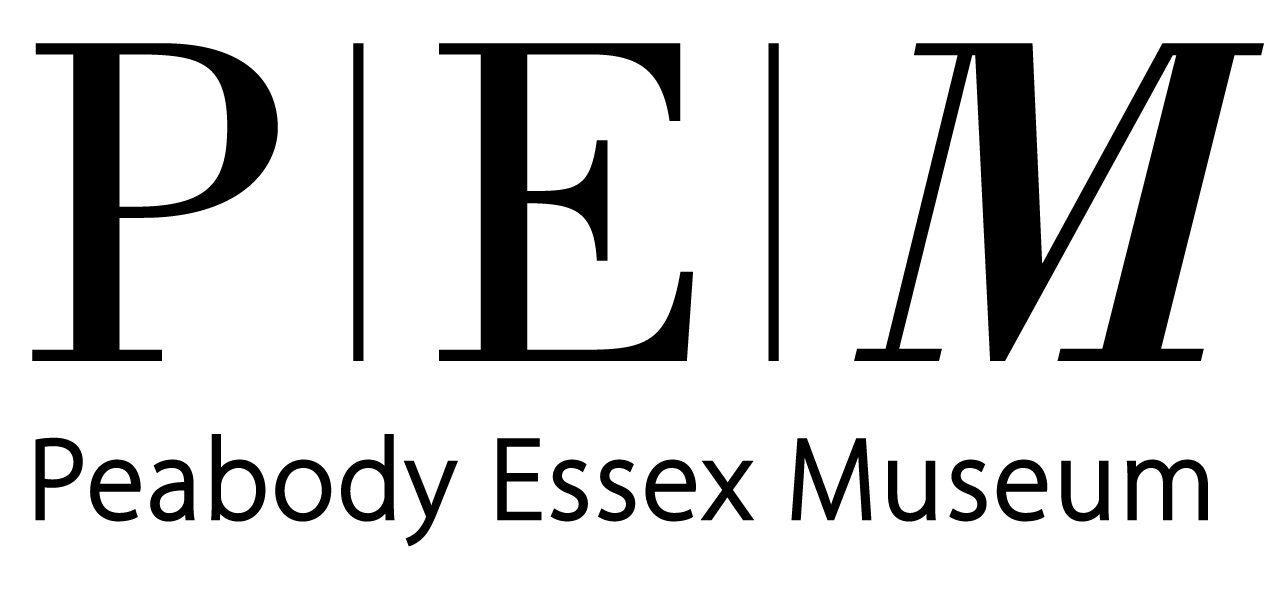This post was written by Zoe, Summer, Caitlin, Cate, Arielle, Martha, Madeleine, Yasen, Celine, Lilly, Lia, Lauren, Griffen, and Griffin -- Marblehead High School's glorious G block AP Language and Composition class. Salem Film Fest is grateful to MHS Teacher Connor Ryan who worked with his students to explore this year’s festival.
SFF 2022 Co-Director Sadry Assouad - Photo by Shane’s Maine Photography
Sadry Assouad and Michael Johnson served as Co-Directors of the 2022 Salem Film Fest. After two years of virtual screenings, SFF returned to in-person screenings in both Salem and Beverly. Assouad shared some of his thoughts regarding this year’s festival.
MHS: How long have you been working with Salem Film Fest and how did you get involved?
Sadry Assouad: I joined as a volunteer in 2013. I’ve always loved films, so volunteering at a local fest was something that intrigued me. When I first joined I volunteered in a variety of ways including driving filmmakers, helping out with crowd control, and overall making sure it was a positive experience for everyone. A few years after that, they reached out to me with the opportunity to step in as Sponsorship Director. I continued to be that for a few years, and then this year stepped into the role of [festival] Co-Director. My role as Co-Director is to make sure we get to show films on opening night and throughout the festival so that everyone has a great time. There's not a specific job description for my role because as Co-Director when problems arise, you are responsible for creating solutions for them.
CLAYDREAM Director Marq Evans introduced by SFF Co-Directors Sadry Assouad and Michael Johnson - Photo by Joey Phoenix, Creative Collective
MHS: What challenges did Salem Film Fest face throughout the pandemic?
SA: This past year was particularly challenging because we basically had to plan for two festivals. Some theaters opened up again, but restrictions and the specter of another variant potentially shutting everything down made us want to make sure we had a contingency plan in place. We decided to go hybrid with both an in-person and virtual fest, so in the event that a variant came and shut down the state, we would still be able to promote and show the films that we selected. Two years ago, we had over 30 films selected and (after the pandemic occurred) the question was: what do we do? We couldn’t push them off to next year because it wouldn’t be as relevant. Ultimately we decided to go virtual and that is where we introduced the streaming element to the fest. We essentially pivoted to streaming in order to be able to still show the films and also do well by our community partners and sponsors.
MHS: What do you do outside of Salem Film Fest? And how do you manage your time between both?
SA: I work for a company that provides language services. If you have a website and you need that to be localized in a different language because you’re going to be marketing a product abroad, we would take the content, process it, and localize it to that particular market. My role is Director of Operations; we have many people abroad, in-country linguists that we partner with, who actually produce the translations, and the team inside that essentially takes those translations and makes sure that they can render properly in the context that they need to be rendered in, and my role is essentially to make sure that we can scale to the demand, and meet schedule deadlines, and so, I’m kind of the man behind the curtain.
Most of my Fest time (has been) after hours and weekends. It’s like juggling a few bowling balls, and certainly not easy… when you work on something that you feel matters, it gives you more energy, and helps you stay with it. Family is more of a consideration, because the Fest time is normally your free time, and that free time is usually spent building a LEGO set with my son. So those are the tough choices, and that’s really where the challenge is.
Sadry Assouad introduces LOST AND FOUND IN PARIS at SFF 2022 - Photo by Shane’s Maine Photography
MHS: What makes Salem Film Fest unique compared to other festivals?
SA: The films that are at the festival are not films that you are likely going to catch on certain streaming services. We feature mostly independent films and some that don't even have distribution yet. It is important to us to promote these films so they can find their way and get the visibility that they need to be successful…[The festival] is not just about the filmmaker, it's also about the North Shore community, and we are lucky to be supported by a large number of organizations. The festival is an opportunity to put the spotlight on film for sure, but it's also an opportunity to put the spotlight on the local business that essentially sponsored that particular film. So that is something I really love about this fest; it's very community-based.





